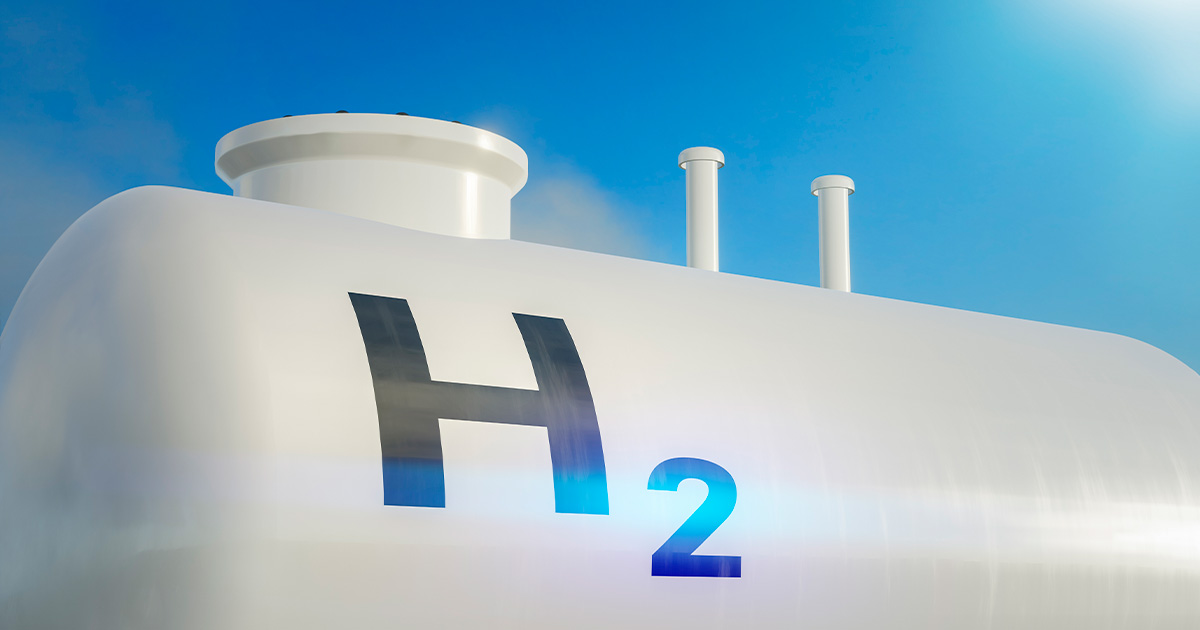Through Ordinance 765/GM/MME, dated January 16, 2024, the Ministry of Mines and Energy released a draft ordinance proposing procedures for requesting the inclusion of distributed minigeneration projects in the Special Incentive Regime for Infrastructure Development (REIDI). The public consultation will remain open from January 17, 2024, to February 16, 2024.
It is important to remember that the sole paragraph of Article 28 of Law No. 14,300/2022 already establishes that distributed minigeneration projects must be recognized as energy generation infrastructure. This allows them to be included under the rules set forth in § 1 of Article 1 of Law No. 11,478/2007, Article 2 of Law No. 11,488/2007, and Article 2 of Law No. 12,431/2011. Therefore, Law No. 14,300/2022 itself added distributed minigeneration projects to the list of energy generation projects eligible for REIDI.
However, there remains a need for regulatory guidance for this legal provision. Hence, the MME’s decision to open a public consultation is aimed at structuring the respective procedure, i.e., outlining the deadlines, requirements, and responsibilities for requesting the inclusion of distributed minigeneration projects in REIDI.
To facilitate analysis, here is a brief summary of the articles outlined in the draft ordinance made available by the MME. Notably, Article 11 specifies that the ordinance will apply to projects with REIDI requests submitted from the date of publication, and further states that any requests submitted earlier or that do not meet the terms of the ordinance will be denied, and their respective cases will be closed.
Article 1: Defines the scope of the ordinance, which regulates the process of including distributed minigeneration projects in REIDI, as stipulated by Article 28 of Law No. 14,300.
Article 2: Allows private entities’ distributed minigeneration projects that meet the criteria of Decree No. 6,144/2007 to request inclusion in REIDI through the energy distributor to which the consumer unit is connected.
Article 3: Requires that REIDI requests be submitted using a specific Information Form, detailing information about the responsible entity and the project, as well as investment and tax suspension estimates.
Article 4: Assigns energy distributors the responsibility of verifying the completeness and accuracy of the information provided in the forms.
Article 5: Requires distributors to electronically submit the received information and verifications to ANEEL by the tenth business day after the forms are submitted.
Article 6: Assigns ANEEL the responsibility of evaluating REIDI inclusion requests, verifying compliance with current laws and regulations, and disclosing the evaluation results by the end of the month in which the information was received.
Article 7: Requires ANEEL to electronically send the MME the data on projects deemed eligible for REIDI by the last business day of the month.
Article 8: Lists the information that must be included in the MME ordinance formalizing the inclusion of projects in REIDI, based on the analysis of data provided by ANEEL. Technical changes or project ownership transfers for approved projects, as mentioned in the procedure, will not require a new ordinance.
Articles 9 to 11: Clarify the processes for project qualification, de-qualification, and record management in REIDI. Article 9 emphasizes that the responsibility for requesting qualification or de-qualification with the Brazilian Federal Revenue Department rests with the entity that owns or will own the consumer unit with distributed minigeneration.
Although the regulation of the sole paragraph of Article 28 of Law No. 14,300/2022 has been delayed, the MME’s initiative to open a public consultation is a critical step in providing greater legal and regulatory security to the sector. With regard to REIDI, it also contributes to fostering a more favorable environment for distributed minigeneration.


